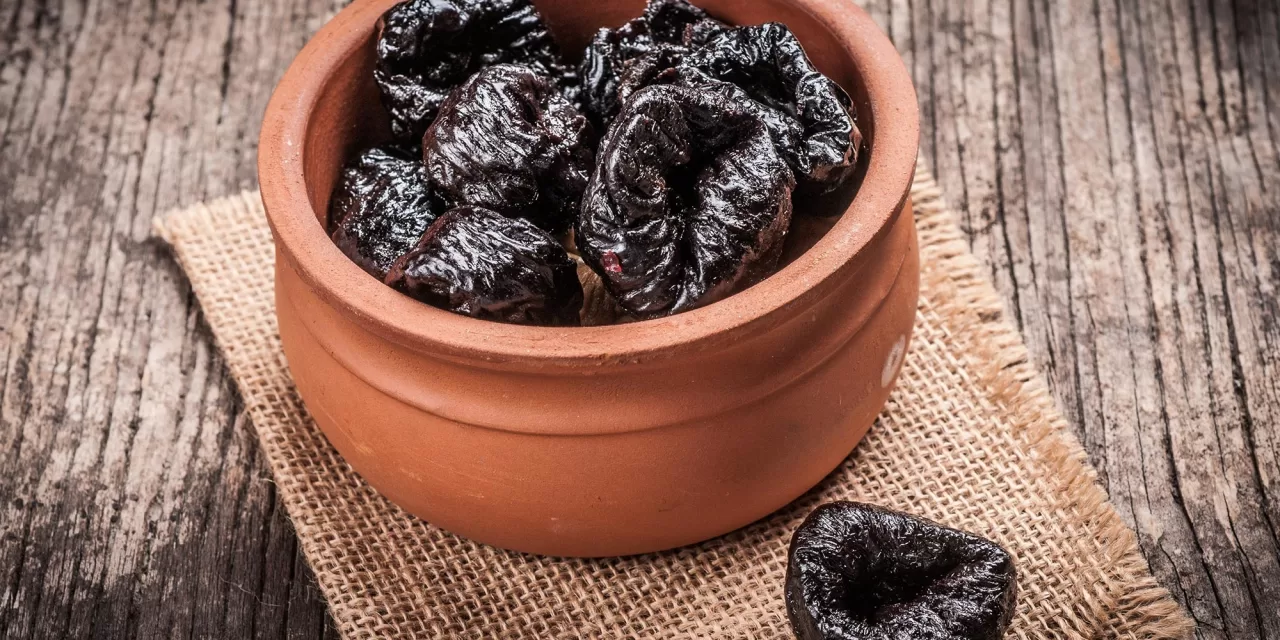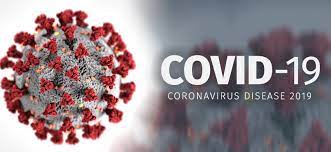Dairy Isn’t the Only Bone-Strengthening Food—Prunes Take the Spotlight
Prunes have long been known for their digestive benefits, but recent research from Penn State suggests they might also be a powerful ally in maintaining bone health, particularly for postmenopausal women. The study, published in Osteoporosis International, reveals that consuming prunes daily can significantly slow age-related bone loss and reduce the risk of fractures.
“This is the first randomized controlled trial to look at three-dimensional bone outcomes with respect to bone structure, geometry, and estimated strength,” said Dr. Mary Jane De Souza, a distinguished professor of kinesiology and physiology at Penn State. “In our study, we saw that daily prune consumption impacted factors related to fracture risk. That’s clinically invaluable.”
Understanding the Challenge of Osteoporosis
Bones are not static structures; they are made of dynamic tissues that are continuously remodeled. However, as people age, particularly after menopause, the balance tips towards more bone breakdown than formation, leading to osteoporosis. This condition, marked by decreased bone density and changes in bone structure, affects over 10 million Americans, with postmenopausal women being particularly vulnerable due to the drop in estrogen levels—a hormone crucial for bone health.
While medications are available to treat osteoporosis, many women do not take them. This gap in treatment has led researchers to explore alternative methods, like diet, to support bone health. Prunes, rich in bioactive compounds such as polyphenols, offer a promising solution. These compounds may help blunt the inflammatory pathways that lead to bone loss, according to De Souza.
A Detailed Look at the Study and Its Findings
To explore the potential benefits of prunes on bone health, the Penn State research team conducted a 12-month randomized controlled trial with 235 postmenopausal women. Participants were divided into three groups: a control group with no prune intake, a group consuming 50 grams of prunes daily (approximately four to six prunes), and a group consuming 100 grams of prunes daily (approximately 10 to 12 prunes).
Every six months, participants underwent peripheral quantitative computed tomography (pQCT) scans to measure 3D bone mass density, bone geometry, and bone strength. The results were telling. Women in the control group experienced a decrease in bone mass density and bone strength at the tibia (shin bone), while those consuming at least four to six prunes daily maintained their bone density, bone strength, and preserved bone structure, particularly in the cortical bone.
Although both prune groups saw benefits, the 50-gram group showed higher compliance, with fewer participants dropping out due to the challenge of eating 10 to 12 prunes daily. “It’s pretty exciting data for a 12-month study,” De Souza remarked. “We were able to maintain and preserve bone at the weight-bearing, cortical bone of the tibia, and the maintenance of cortical bone and bone strength is key to avoiding fracture.”
Looking Ahead: Prunes as a Preventive Measure for Osteoporosis
While the findings suggest that prunes could play a role in reducing the risk of osteoporosis, De Souza emphasized the need for further research to confirm these benefits. The study builds on previous research by the same team, which showed that daily prune consumption preserved total bone mass density at the hip. The team is also exploring how prunes may influence gut microbiome bacteria, which could further explain their protective effects on bones.
As the research unfolds, prunes may emerge as a simple, natural addition to diets aimed at combating bone loss, especially for postmenopausal women who are at increased risk of osteoporosis.
Reference:
“Prunes preserve cortical density and estimated strength of the tibia in a 12-month randomized controlled trial in postmenopausal women: The Prune Study” by Kristen J. Koltun et al., Osteoporosis International, 13 February 2024, DOI: 10.1007/s00198-024-07031-6.












